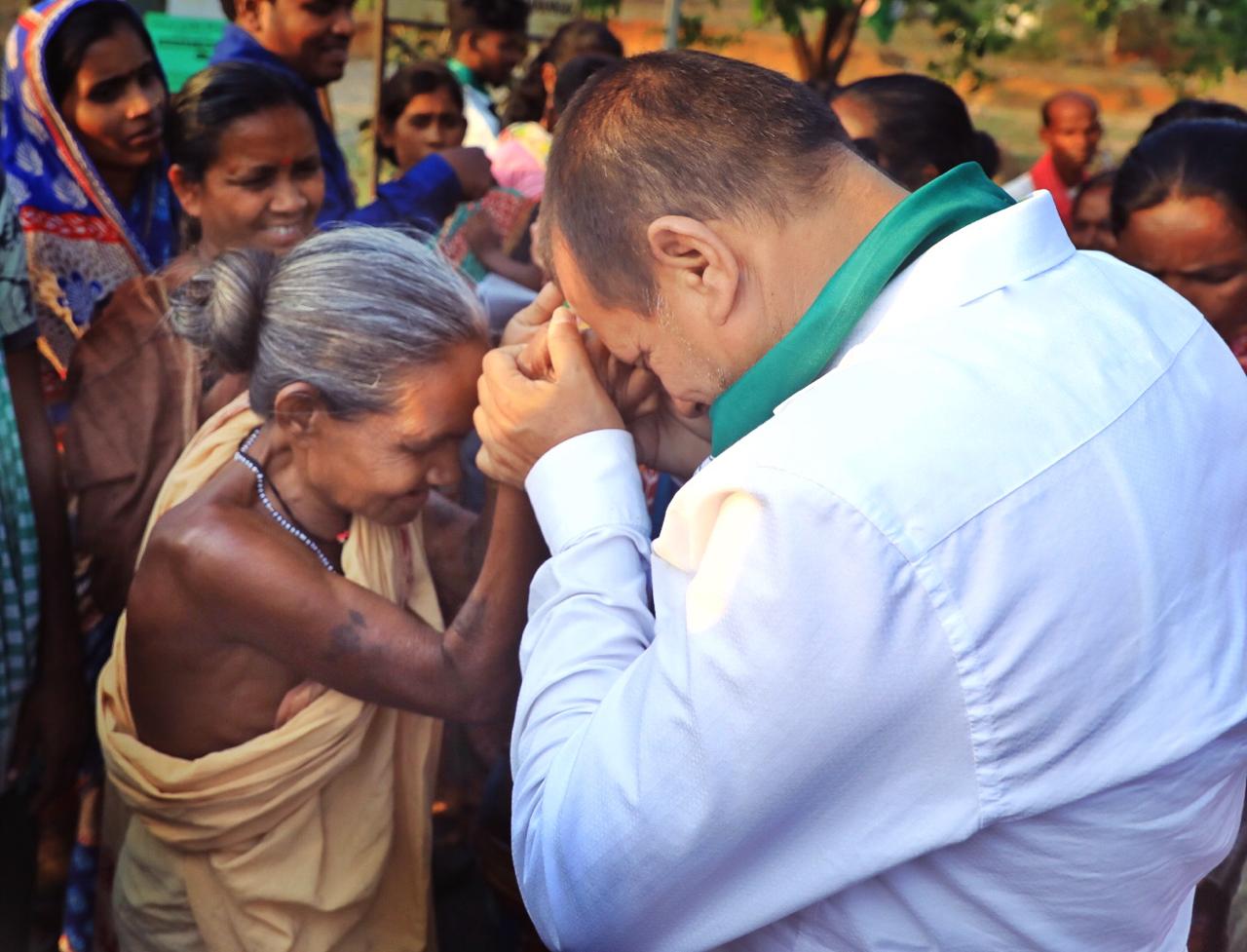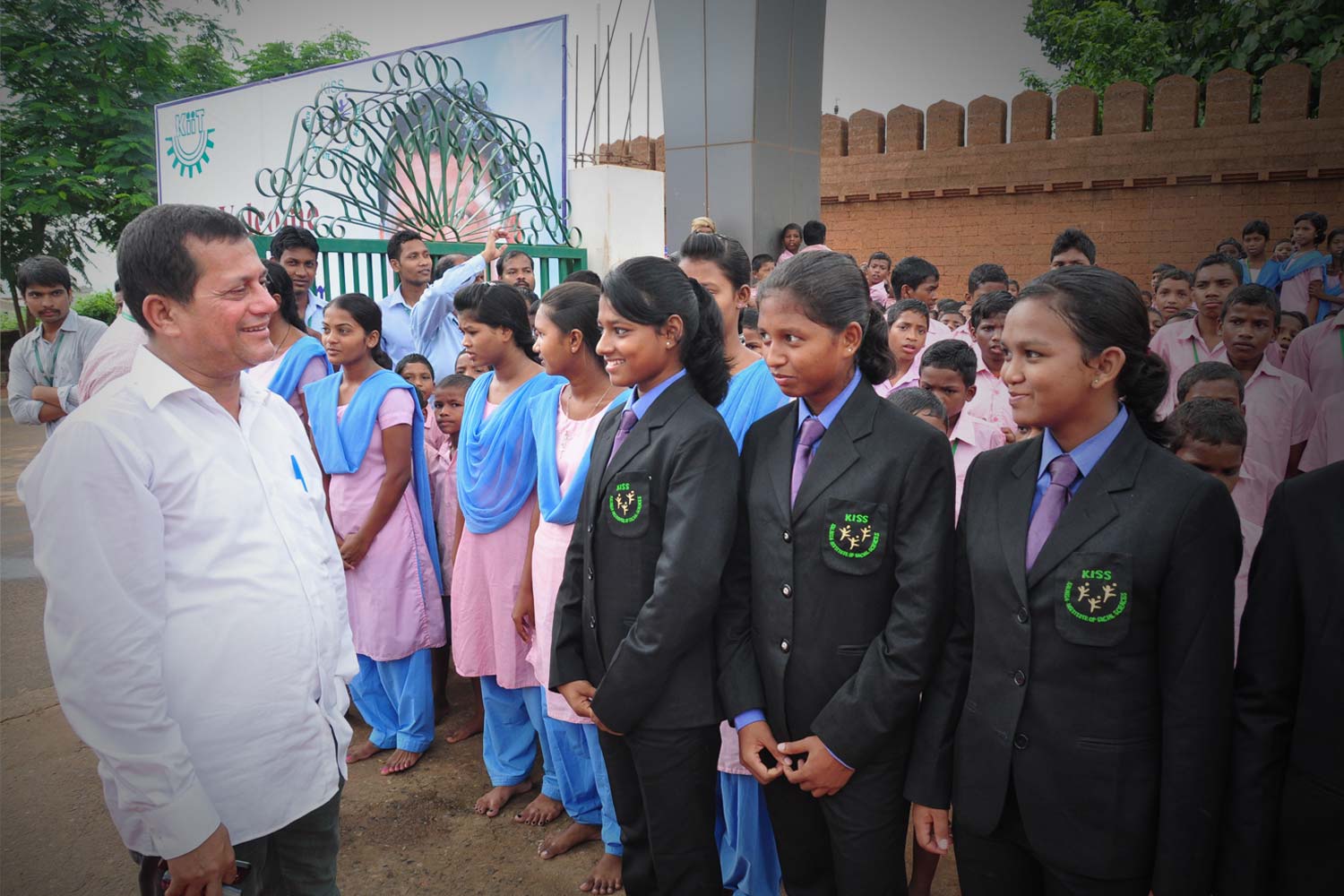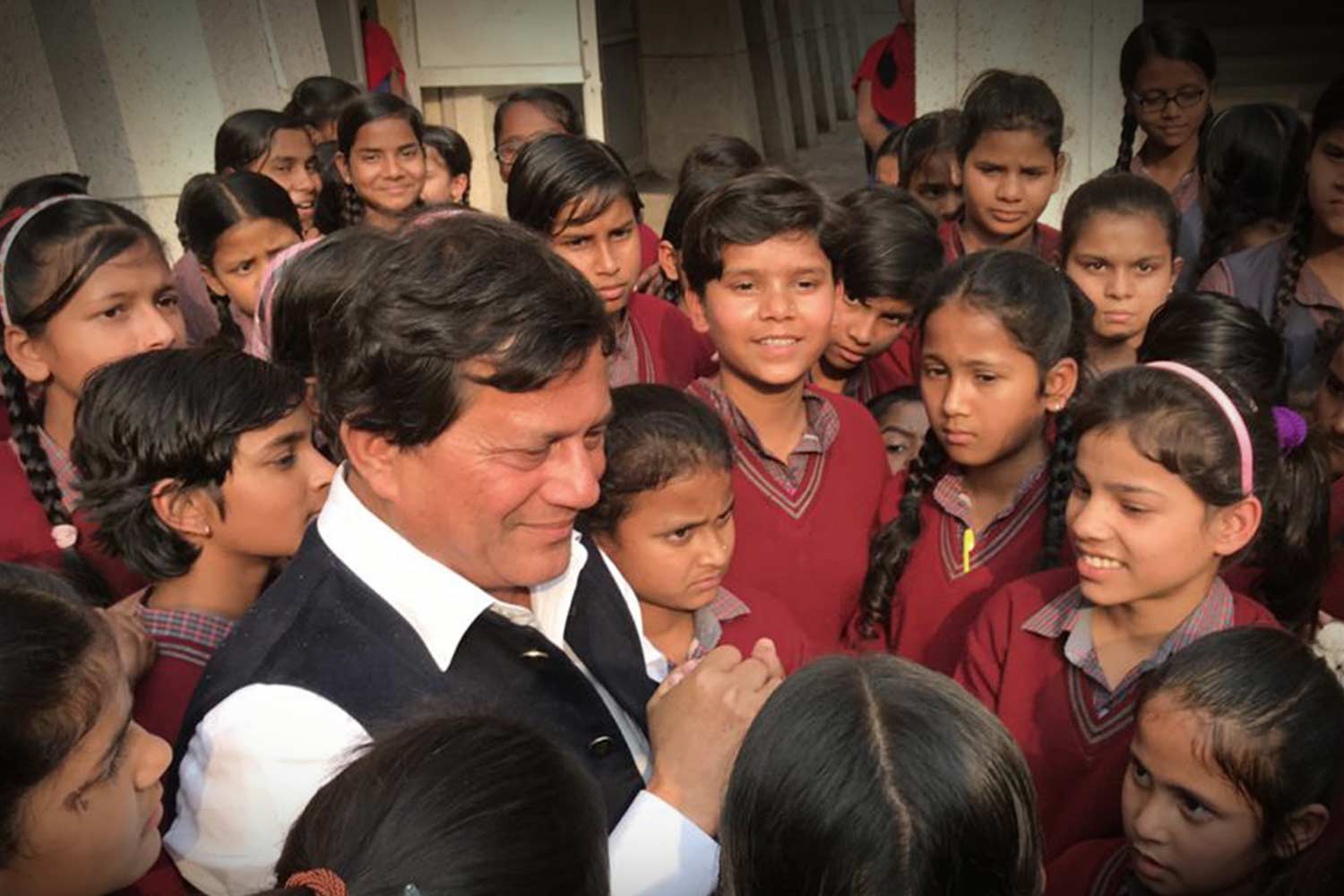Overview

48% of the total population in India is women (World bank Report, 2014). It is also apparent that in India, poverty is deeply embedded in social constructs that impact adversely on woman’s economic status in society as well as her nutrition and health status, and food security caused from unequal distribution of food at home. The situation is far more grievous among the tribal communities in the state of Odisha and other states having large tribal populations.
KISS has recognized this situation since its inception and has been working towards girl child empowerment through complete curricular, vocational and life skills education, sports, arts and cultural education. Of the total student strength of the institute girl children account for
about 60%. “If we educate a girl, we educate a family – and a whole nation” has been the guiding light for KISS right from the start. Girl children, besides core curricular education, are also encouraged to participate in sporting activities, life skills education (including
reproductive and sexual health education), and various vocational education for economic empowerment.
“No child should be out of School”


Empowerment at KISS
KISS’s girl children have been showing great merit in academics and the extracurricular activities. They have participated in many national and international sports events and tournaments and have brought great glories for the country, the state and the institute as well. They have been
supporting their family and themselves under the institutes “Earn-while-you-learn” scheme and thereby picking up many income-generating skills. With all these facilities, these tribal girls are going to be, in fact are, working as the much-needed social change agents in their respective
communities and thereby fulfill a major global development goal of the United Nations. There is a 24 x 7 non-negotiable policy on sexual harassment for girls.
KISS has been able to address many of the social and health issues like child marriage, infant mortality and maternal mortality etc. Girls in the indigenous communities are generally married off at an early age. They have little or no knowledge about their bodies and healthy sexual and
reproductive practices, leading to high maternal mortality and infant mortality in these communities. Since the girls pursue education at KISS. They are free from the societal pressure of marrying at an early age. Secondly the girls are provided counselling and education on their sexual
reproductive health and rights at KISS which enables the girls to have a better understanding of their own bodies and healthy sexual and reproductive practices. This in turn led to reduction of maternal mortality and infant mortality among them. There is also Women- Entrepreneurship Cell that encourages the young girls to initiate their enterprise and incubates their start-ups.

Students feel empowered primarily because of their undeterred access to equal opportunity without gender-based discrimination. This is compounded by the fact that our campuses are designated safe spaces, in which our students are provided with security, and the stable comfort of room, board, and healthcare absolutely free of cost.
“Kanya Kiran” – an annual flagship initiative to arrest violence against women and girl children in Odisha is his brainchild. He has also implemented Education for all and Life Skills Education spreading awareness about gender equality through student and community engagements via peer education in villages.
We believe that all these efforts have a positive long-term effect for tribal communities, by preventing early and forced marriages of young girls, and significantly reducing the number of early pregnancies among young women.
The education that our girls receive at KISS, provides them with vital knowledge and skills that they take back to their communities upon graduation – from important life skills information on proper menstrual health & hygiene and proper nutrition to mainstream academic and technical knowledge. We find that one of the biggest indicators of empowerment for our female students, is the fact that their increased knowledge and education automatically places them in decision making roles in their families and communities upon return – this is remarkable, given that Indian society is largely patriarchal. Our girls are empowered to fulfill their dreams of becoming change agents in their communities, to learn and lead without fear.



Get Social